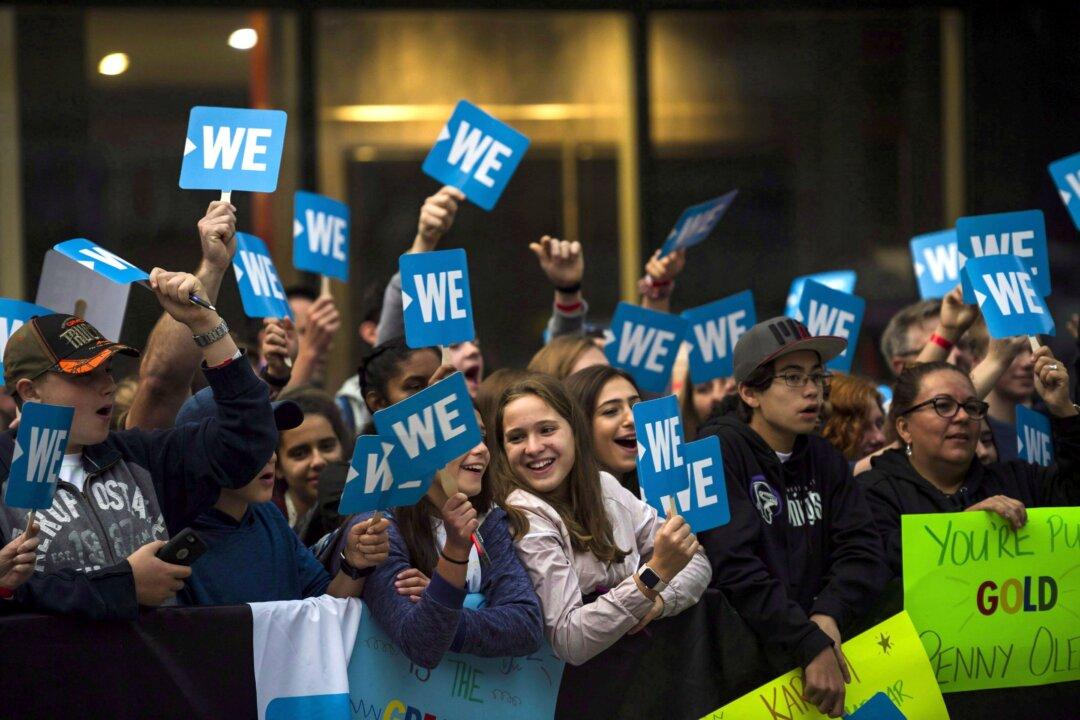Although government aid to charities can help in limited circumstances, transparency and a lack of political interference are crucial, experts say, and the federal government’s 2019 decision to put more resources into charities comes with risks.
In 2018, a Senate committee looked at how to strengthen Canada’s 86,000 charities and 85,000 non-profits. Witnesses from these sectors shared their struggles to compete with the public sector and private businesses for pay, pension, benefits, and training in order to recruit and maintain paid staff.





